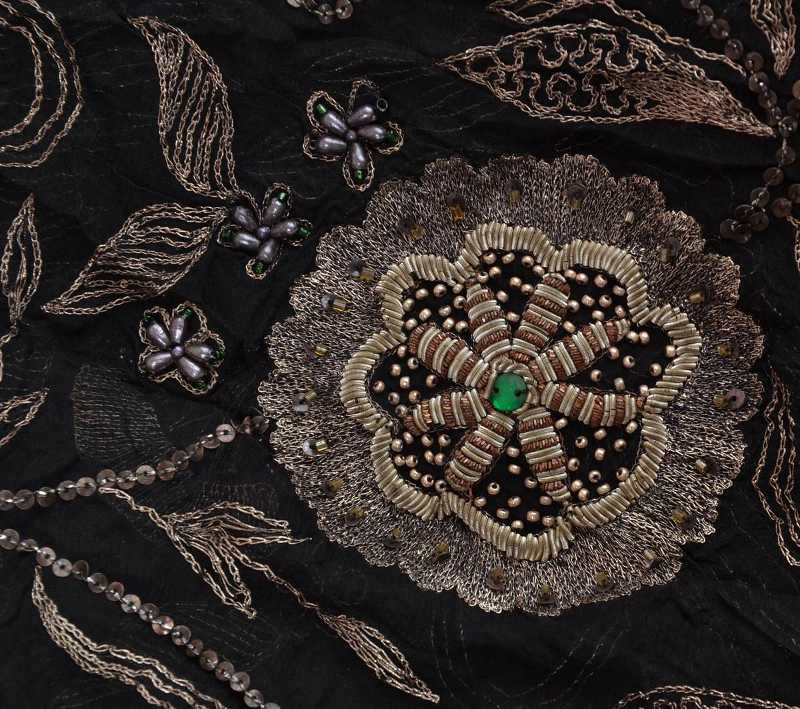===
0307,
3
===

=== |
 |
pażīr : 'Taking, receiving, accepting, admitting; being possessed of or endowed with, capable (of), susceptible, liable (used as the last member of compounds'. (Platts p.233)
FWP:
SETS == GRANDIOSITY
MOTIFS
NAMES
TERMS == MEANING; MUSALSAL; VERSE-SET; ZILAThis is the third of five 'continuous' verses that form an unofficial verse-set; for discussion see {307,1}.
Compare the final verse in the sequence,
{307,5},
which repeats this theme in a different style.
Note for grammar and script fans: The unusual plural spelling ve (instead of the ambiguous vuh ) in the first line is perhaps meant to guarantee that we will read maʿnī as plural, as 'meanings', to go with the enforced 'those' [ve]. Otherwise, in the context of the line there's no other way to assure that we do this (since Mir hasn't opted for maʿānī , the official plural). In Urdu, by convention-- and a very annoying convention it is, too-- maʿnī takes plural verbs even when the intent is clearly singular. In this case the line doesn't contain a verb (the present tense can be colloquially omitted because of the nahīñ ); but even if the line had contained maʿnī nahīñ haiñ , that would done no more than open up the vague possibility of a plural sense, leaving no particular reason for us to adopt it. Thus it might be that Mir was determined to push the plural into our minds, and cause us to reject 'that meaning' in favor of 'those meanings'. (Of course, all this speculation depends on the assumption that Mir himself consciously chose the spelling ve ).